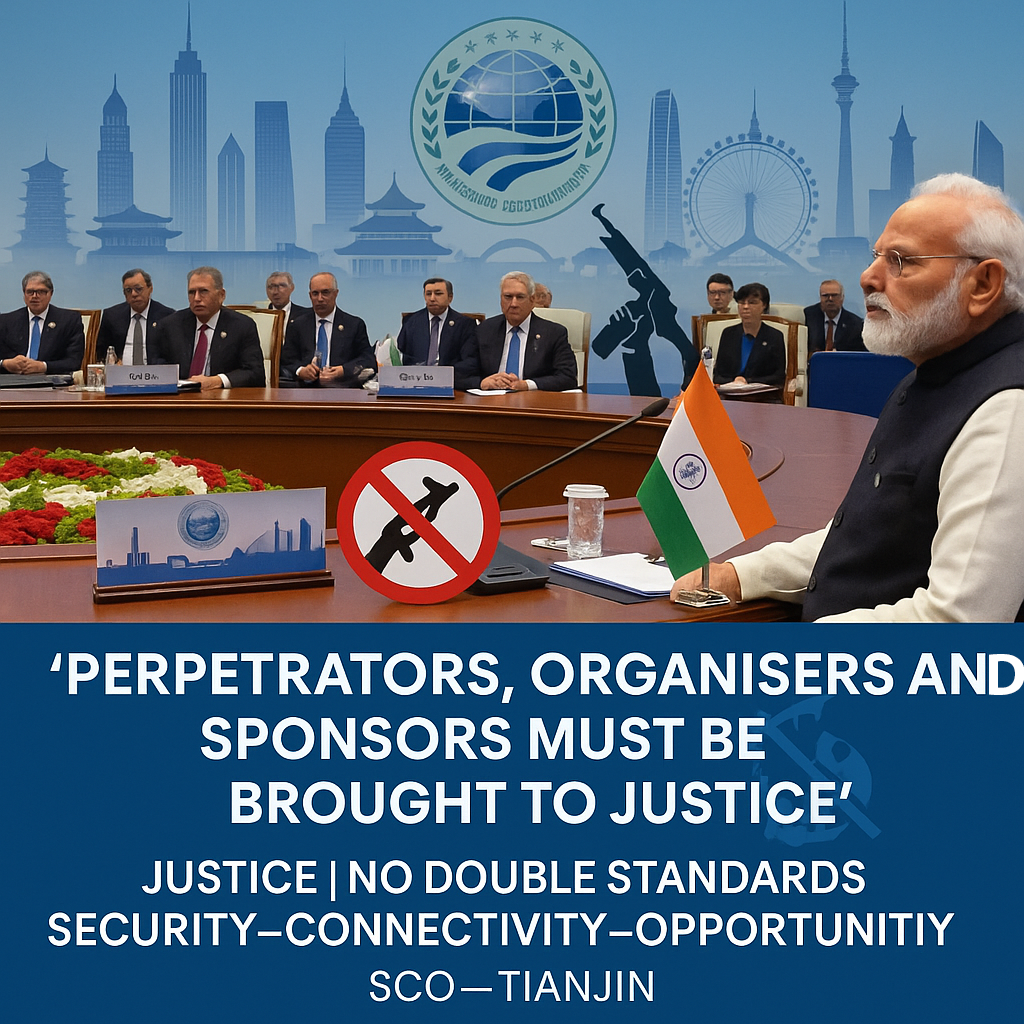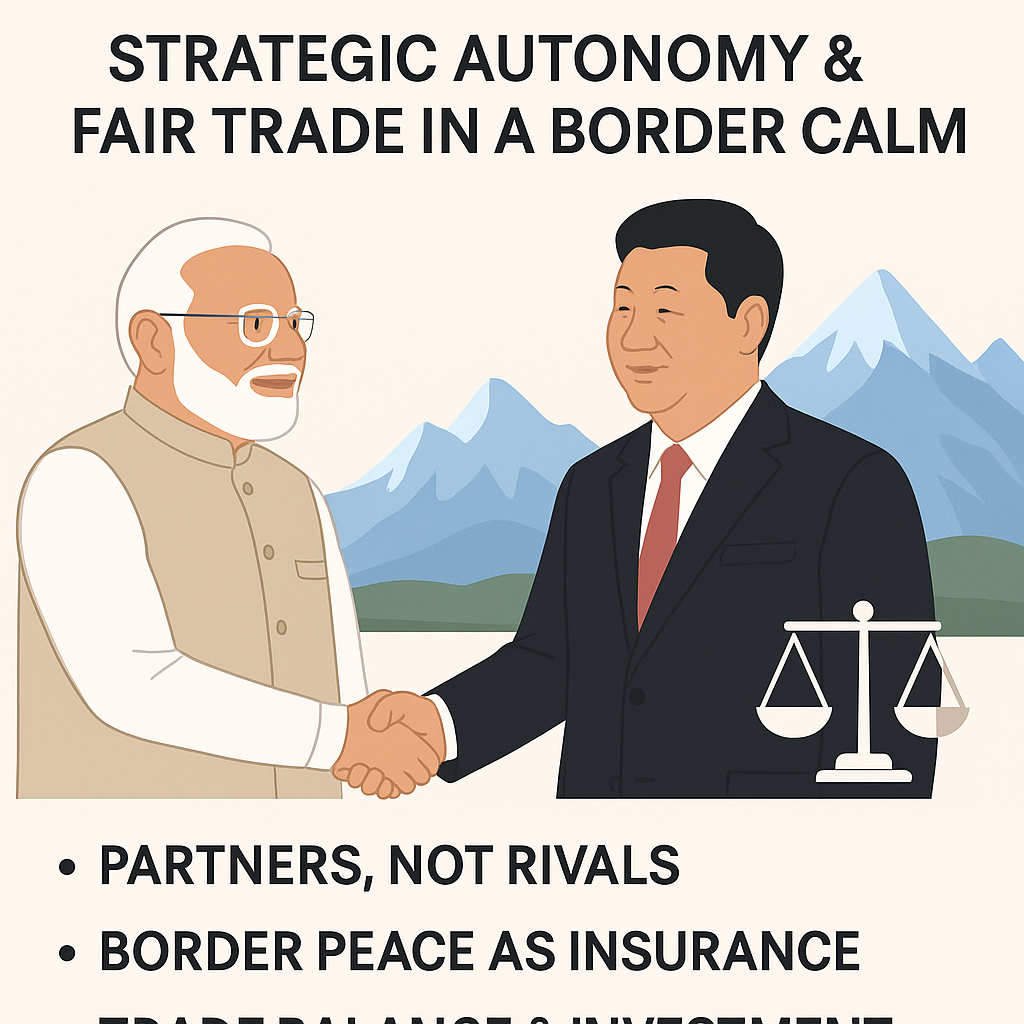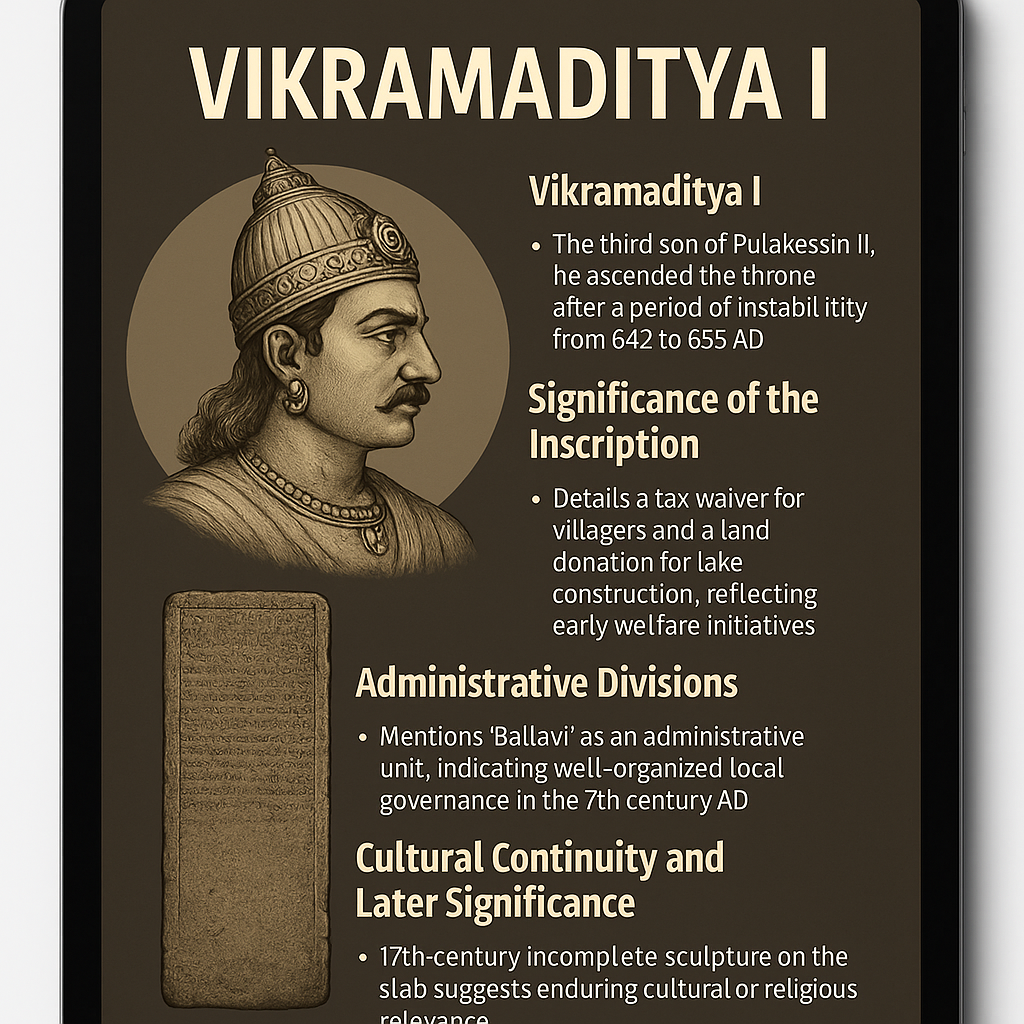
004 – Apr 10, 2025
ESTONIA’S BALLOT BOUNDARIES: Citizenship, Security & the Russian Question

Theme & Tags:
🗳️ Constitutional Law, National Security, Minority Rights, Baltic Geopolitics
📘 Category: International Relations | GS Paper 2
🕊️ Opening Whisper
When a vote is taken away, it is not just a right lost—but a ripple that may echo through generations.
🧾 Key Highlights
- What Happened?
- President Alar Karis of Estonia signed a constitutional amendment
- Non-EU citizens, including around 80,000 Russians, are now barred from voting in local elections
- Triggered by security concerns post Russia’s invasion of Ukraine (2022)
- Background & Demographics
- Estonia regained independence in 1991
- Many Russian-speaking residents remained without citizenship
- The amendment reflects historical distrust and fears of internal disruption
- Parliamentary Support
- Passed with overwhelming majority: 93 of 101 lawmakers in favour
- Backed by PM Kristen Michal as a move to safeguard sovereignty
- Seeks to ensure that local governance reflects the will of citizens only
- Impact on Russian Minorities
- Ends long-standing voting rights in local elections for non-citizens
- Criticism from leaders like the Mayor of Narva: risks deepening ethnic division
- Citizenship tied to Estonian language proficiency, limiting inclusion
- Geopolitical Signals
- Part of broader Baltic distancing from Russia
- Includes:
- Increased defence spending
- Dismantling of Soviet monuments
- Tightening of immigration and voting policies
- Security vs. Inclusion Debate
- Supporters view it as protection against influence from an aggressor state
- Critics argue it weakens democratic inclusion and social cohesion
📚 GS Mains Mapping
- GS Paper 2
- Comparison of Constitutional Frameworks
- Electoral Rights & Democratic Principles
- International Relations – Baltic States & Russia
- Citizenship Policies & National Security
- Rights of Minorities
⚖️ A Thought Spark — by IAS Monk
In times of fear, nations seek to shield their soul. But in shielding it too tightly, they must take care not to silence parts of it.
🧵 Closing Whisper
Democracy must defend itself, yes—but it must also remember whose voices helped shape its soil.


















